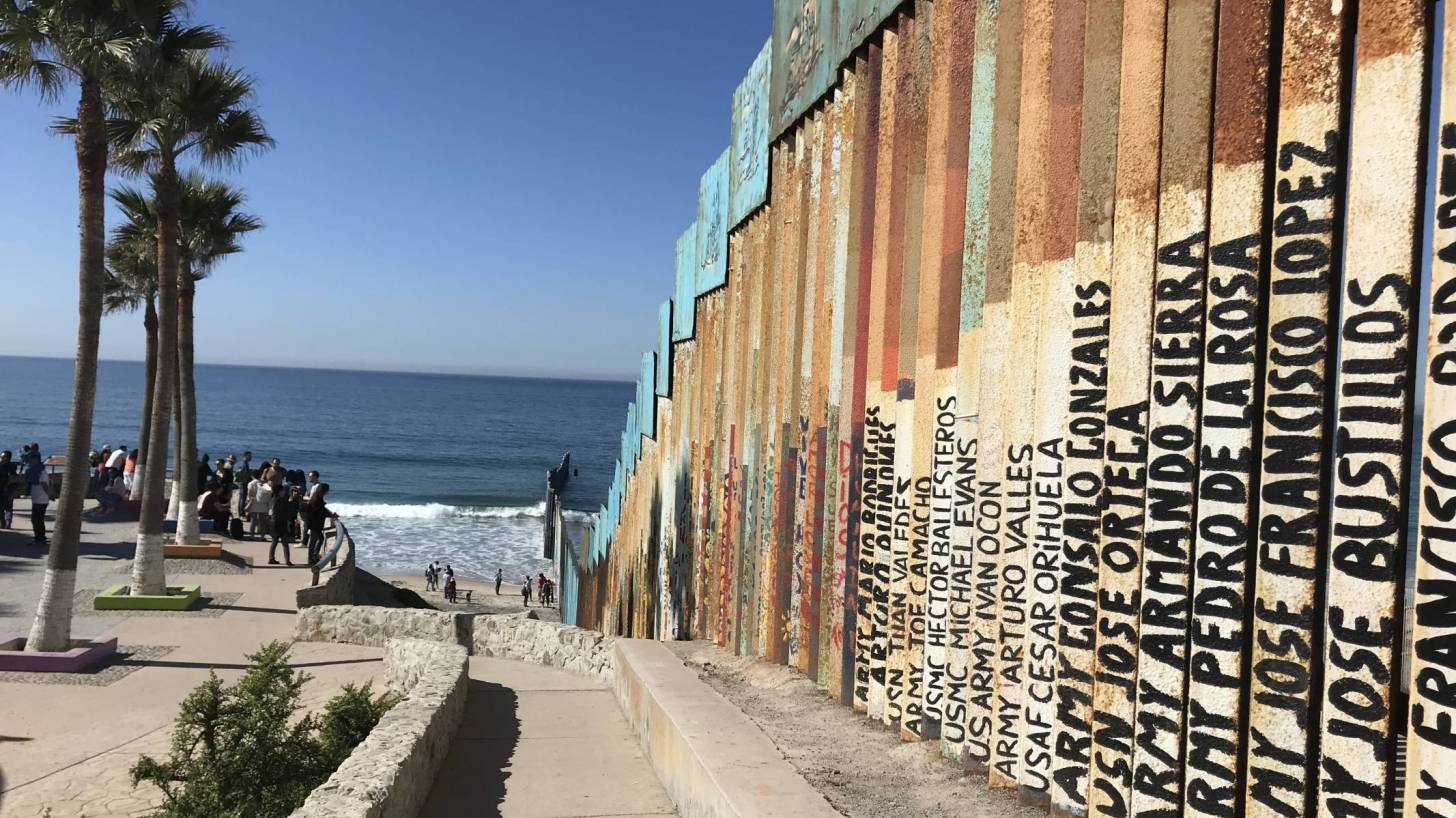Americans Should Avoid Mexico’s Grand View Hospital Says CDC

The US Centers for Disease Control and Prevention (CDC) issued a Level 2 Travel Alert, Practice Enhanced Precautions, for Americans visiting Tijuana, Baja California, Mexico.
Tijuana is a border city in Mexico of 1.3 million people, just south of San Diego, California.
According to the CDC, some Americans returning from Tijuana were diagnosed with infections caused by an antibiotic-resistant form of Pseudomonas aeruginosa bacteria.
Drug-resistant Pseudomonas bacteria do not respond to most commonly available antibiotics, says the CDC.
All of the travelers with this particular infection had an invasive medical procedure performed in Tijuana. Most, but not all of these Americans had weight-loss surgery.
About 50 percent of those individuals infected had their surgery done at the Grand View Hospital.
Based on information provided by the CDC, the Mexican government has closed the Grand View Hospital until further notice.
CDC recommends that travelers to Tijuana not have surgery at the Grand View Hospital until the Mexican government can confirm that the drug-resistant form of Pseudomonas aeruginosa bacteria is no longer there.
Pseudomonas is a kind of bacteria found widely in the environment. The most common type of Pseudomonas that infects humans is called Pseudomonas aeruginosa.
Pseudomonas infections of the blood, lungs (pneumonia), and after surgery can lead to severe illness and death, says the CDC.
Unfortunately, bacteria including Pseudomonas are becoming more resistant to antibiotics.
Infections with bacteria that are resistant to antibiotics are much harder to treat. Bacteria that cause infections that doctors cannot treat easily with antibiotics are called “drug-resistant.”
The CDC has published this additional information and advice for Americans planning to travel abroad for medical care:
- Some people who have traveled for medical care to countries outside the United States have been infected by hard-to-treat antibiotic-resistant strains of bacteria, which are not commonly seen in the United States.
- Visit a travel medicine specialist in the United States at least 1 month before your trip. Travel medicine specialists can provide you with the guidance, vaccines, and medicines you may need for your travel.
- Ask your doctor if you are healthy enough to travel abroad for medical or surgical procedures.
- Anytime you travel outside the country, consider the health and safety concerns at your destination. Also, consider the additional risks posed by traveling after surgery.
Further, the CDC recommends that healthcare providers in the USA should be vigilant for the possibility of resistant infections occurring in patients who have traveled abroad for medical procedures.
Moreover, healthcare providers should take measures to control the spread of multidrug-resistant organisms in the United States.
Previously, during April 2018, a class action lawsuit was filed against a Tijuana doctor, who describes himself as the leading gastric sleeve surgeon, according to reporting by WPTV.
This new CDC Travel Alert is not related to the November 2018 US State Department Travel Advisory for Americans visiting various Mexican states.
The CDC’s November 2017 notice suggests Americans planning to visit Mexico confirm their MMR, DTaP, varicella, and polio vaccinations prior to visiting Mexico.
Additionally, infectious diseases such as dengue and zika virus are present in certain areas of Mexico.
And, since a Zika infection during pregnancy can cause serious birth defects, pregnant women should not travel to Mexico, says the CDC.
Our Trust Standards: Medical Advisory Committee

